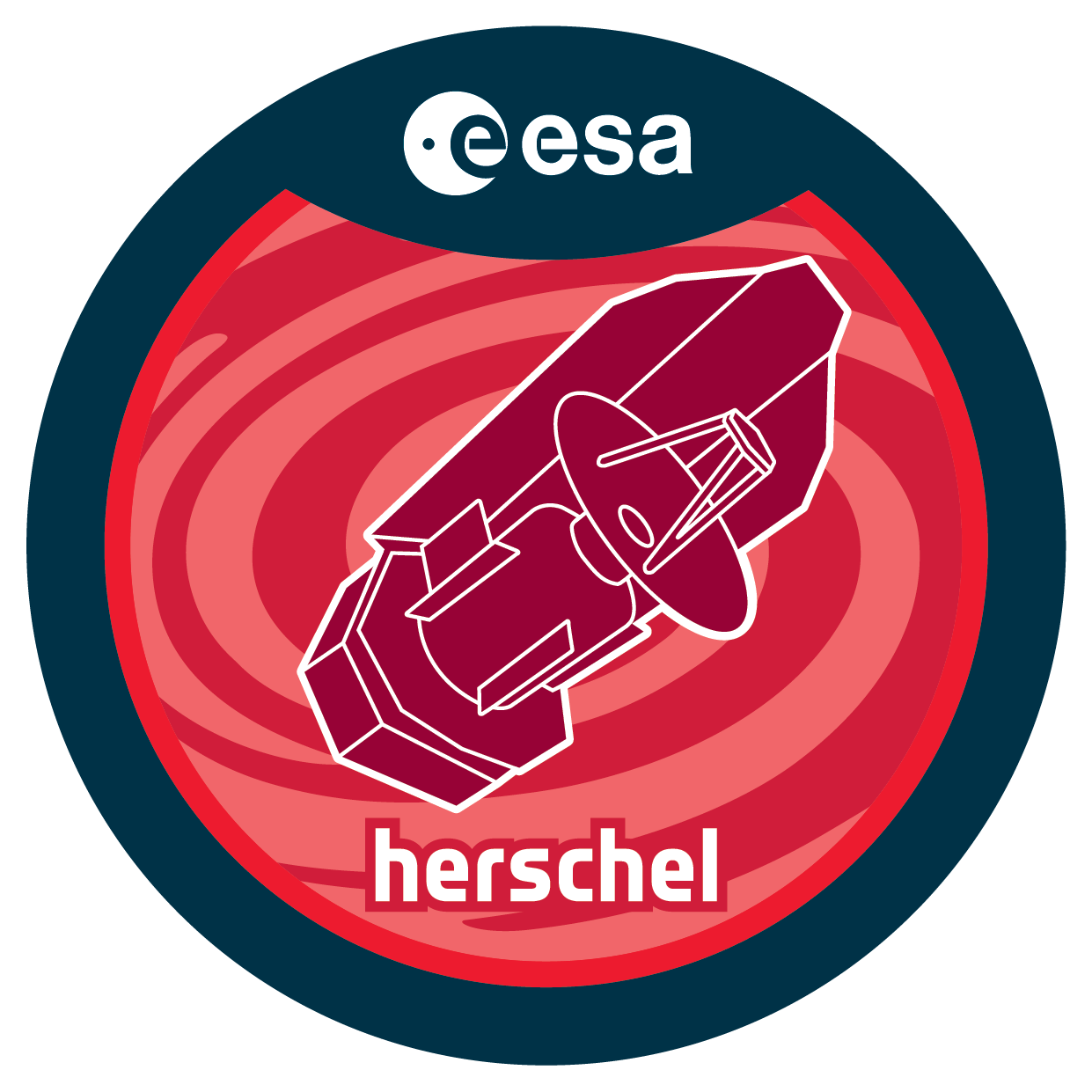

| Name | OT2_gquintan_1 |
| Title | Warm gas around the C-stars with high expansion velocity. Unveiling the nature of these objects |
| URL | http://archives.esac.esa.int/hsa/whsa-tap-server/data?retrieval_type=OBSERVATION&observation_id=1342269366&instrument_name=HIFI&product_level=LEVEL0&compress=true |
| DOI | https://doi.org/10.5270/esa-08efdws |
| Author | quintana-lacaci, g. |
| Description | The nature of the C-rich evolved stars with circumstellar envelopes (CSEs) with high expansion velocities (HVCs hereafter) is a mystery. The general theory of circumstellar dynamics, which explains velocity field for for CSEs of AGB, red supergiant (RSG) and yellow hypergiant (YHG) stars, fails to explain the properties of the CSEs of HVCs. Usually, very high expansion velocities only appear in very luminous stars, but the widely accepted Hot Bottom Burning processes (HBB) prevent RSGs to become C-rich. In fact, the standard theory predicts that C-rich RSG stars cannot exist. However, first results based on CO J=1-0 interferometric maps for the HVCs IRC+10401 and AFGL2233 show that the characteristics of these objects are very similar to that of the RSG/YHG stars. This supports the idea that HVCs are indeed C-rich massive evolved stars. Also, the chemistry found for these objects show a high abundance of C but also N, which agrees with this massive origin for HVCs.We have also been granted with PdBI time to map the CO J=2-1 emission as well as low-J transitions of HCN, SiO, SiN and HCO+ among other molecules for the same sources. These observations will provide us important information about the kinematics and chemistry of the cold gas of the CSEs around these objects. However, massive evolved stars have CSEs significantly warmer those of their low-mass counterparts. Therefore studying the warm gas around HVCs is fundamental to obtain an accurate view of the nature, formation and chemistry of these objects.We propose to use HIFI/Herschel to observe high-J transitions of 12CO and 13CO, as well as the emission of the water lines and ammonia for the HVCs AFGL2233 and IRC+10401. The 12CO and 13CO lines will help us to trace the warm gas of the CSE around these objects. The water observations will help to understand the formation of this molecule in (presumably massive) C-rich stars, while ammonia will provide important information about the abundance of nitrogen in these objects, and their nature. |
| Publication | |
| Instrument | HIFI_HifiPoint_dbs |
| Temporal Coverage | 2013-04-04T18:02:44Z/2013-04-05T11:18:41Z |
| Version | SPG v14.1.0 |
| Mission Description | Herschel was launched on 14 May 2009! It is the fourth cornerstone mission in the ESA science programme. With a 3.5 m Cassegrain telescope it is the largest space telescope ever launched. It is performing photometry and spectroscopy in approximately the 55-671 µm range, bridging the gap between earlier infrared space missions and groundbased facilities. |
| Creator Contact | https://support.cosmos.esa.int/h®erschel/ |
| Date Published | 2013-10-05T10:43:12Z |
| Last Update | 2025-01-24 |
| Keywords | Herschel, HSC, submillimetre, far-infrared, HIFI, PACS, SPIRE |
| Publisher And Registrant | European Space Agency |
| Credit Guidelines | European Space Agency, quintana-lacaci et al., 2013, 'Warm gas around the C-stars with high expansion velocity. Unveiling the nature of these objects', SPG v14.1.0, European Space Agency, https://doi.org/10.5270/esa-08efdws |